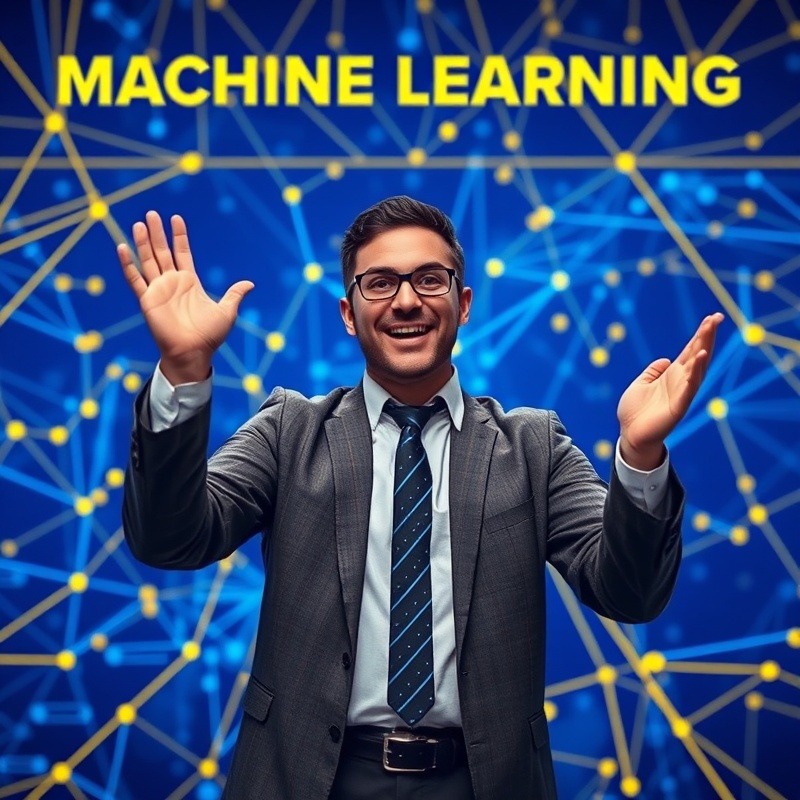
Unlock the Basics of Machine Learning with Simplilearn's Exclusive Webinar
If you’ve been curious about diving into the tech-savvy world of machine learning but didn’t know where to start, here’s some exciting news. Simplilearn, an established leader in digital training, is hosting a webinar titled "Master Machine Learning Fundamentals" that promises to give you a solid foundation in just 30 minutes. Scheduled for January 16, 2025, at 16:00, this webinar is designed to be an intensive, time-efficient learning session that fits into your busy schedule.
Why Machine Learning Matters Now More Than Ever
Machine learning has been revolutionizing industries from healthcare to finance, making it a critical skill in today’s workforce. As we witness the rapid integration of AI in everyday applications, understanding its fundamentals is increasingly important. This webinar aims to demystify machine learning, providing practical insights that participants can apply across various sectors.
Real-time Learning Opportunities Await
During the webinar, attendees will explore key concepts through dynamic examples and interactive discussions, making the learning process engaging and effective. Whether you're looking to apply these skills in Agile Project Management or enhance your operational strategies, mastering machine learning can be a game-changer in adapting to modern project management challenges.
The Broader Impact of Machine Learning Education
Participating in this webinar not only equips you with critical skills but positions you strategically for future opportunities in an AI-driven world. As companies seek agile and adaptable professionals, machine learning knowledge is becoming essential in transforming career landscapes.
 Add Row
Add Row  Add
Add 




Write A Comment